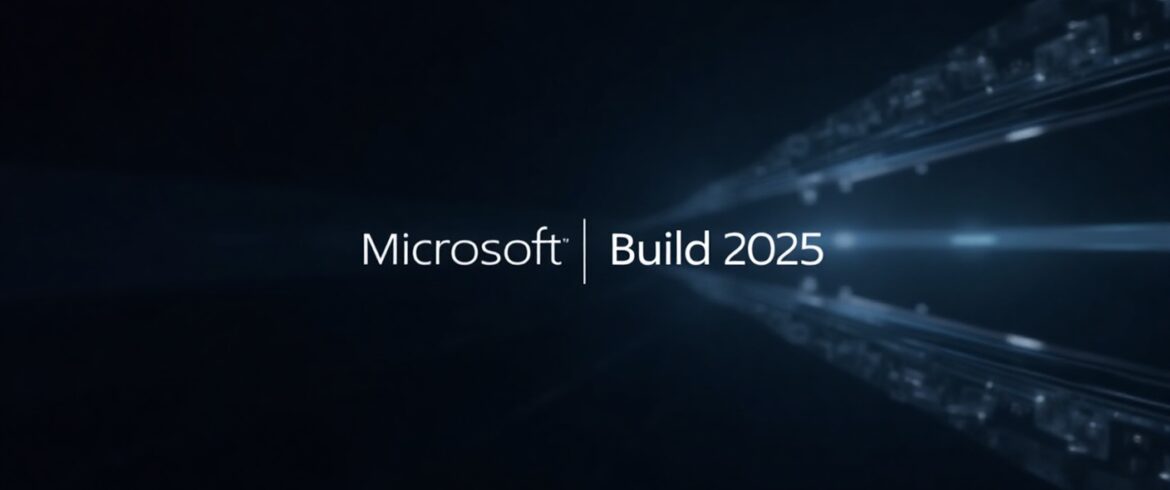Microsoft Pioneers Agentic Web in AI's Next Frontier
Artificial Intelligence is entering a new epoch—one defined by intelligent AI agents capable of reasoning, memory, and autonomous action. The shift is profound: these agents are transforming how developers write code, how businesses innovate, and how entire industries operate. At the forefront of this evolution is Microsoft, whose latest announcements at Build 2025 outline a vision for the agentic web—a future where AI agents not only assist but act on our behalf across digital ecosystems.
What Are AI Agents and Why Do They Matter?
AI agents are intelligent systems designed to perceive their environment, reason about it, and autonomously perform tasks to achieve specific goals. Unlike traditional chatbots or rigid automation scripts, modern AI agents are context-aware, can learn over time, and integrate seamlessly with business processes.
Microsoft’s commitment to this agentic revolution is evident in its investments across platforms like GitHub Copilot, Azure AI Foundry, and Microsoft 365 Copilot. Today, over 15 million developers use GitHub Copilot, with features like agent mode and code review fundamentally changing how code is written, deployed, and maintained. The adoption is staggering—230,000 organizations, including 90% of the Fortune 500, have leveraged Copilot Studio to build AI agents and automations tailored to their workflows.
The next stage of the internet is taking shape—one where AI agents operate across individual, team, and enterprise contexts. Microsoft calls this the open agentic web. Here, agents are not just reactive assistants but proactive collaborators, capable of making decisions and performing tasks independently.
Key Announcements from Microsoft Build 2025
1. Reimagining the Software Development Lifecycle
AI is fundamentally reshaping the entire software development lifecycle:
- GitHub Copilot as a True Coding Agent: Evolving from an in-editor assistant to a platform-wide, asynchronous coding partner, GitHub Copilot now includes prompt management, lightweight evaluations, and enterprise controls. Microsoft is open-sourcing GitHub Copilot Chat in VS Code, reinforcing its commitment to open, collaborative, and AI-powered development for its 150+ million developer community.
- Windows AI Foundry: Windows remains a leading platform for developers, now enhanced with AI Foundry—a unified platform supporting the AI developer lifecycle from training to inference. Developers can run open-source LLMs locally or in the cloud, manage models easily, and leverage APIs for vision and language tasks, accelerating the journey from idea to deployment.
- Azure AI Foundry Models: Developers can now access over 1,900 AI models—including xAI’s Grok 3—directly hosted and billed by Microsoft. New tools like the Model Leaderboard and Model Router help select and evaluate top-performing models for specific tasks, streamlining integration and boosting productivity.
2. Making AI Agents More Capable and Secure
Security and capability are central to agent adoption:
- Azure AI Foundry Agent Service:
Now generally available, this service allows developers to orchestrate multiple specialized agents, harnessing tools like Semantic Kernel and AutoGen in a unified SDK. Features like Agent-to-Agent (A2A) and Model Context Protocol (MCP) support complex, multi-agent workflows. Built-in observability metrics (performance, quality, cost, safety) are integrated into a streamlined dashboard, ensuring transparency and trust. - Enterprise-Grade Governance with Microsoft Entra Agent ID:
Every agent built in Copilot Studio or Azure AI Foundry is automatically assigned a unique Entra identity, preventing agent sprawl and enhancing security. Integrations with Purview data security and compliance controls empower organizations to set risk parameters, run automated evaluations, and receive detailed reports for robust governance. - Multi-Agent Orchestration in Microsoft 365 Copilot:
New capabilities allow organizations to train models using proprietary data and processes via Copilot Tuning, while multi-agent orchestration connects multiple agents to combine skills and tackle complex tasks collaboratively—ideal for industries with highly specific requirements.
3. Embracing Open Standards and the Agentic Web
To realize the full potential of AI agents, Microsoft is championing open protocols and standards:
- Model Context Protocol (MCP):
Broad first-party support for MCP spans GitHub, Copilot Studio, Dynamics 365, Azure AI Foundry, and more. New contributions include an updated authorization specification and an MCP server registry service for public or private repositories, laying the groundwork for secure, scalable agent-to-agent interactions. - NLWeb Project:
Mirroring the impact of HTML, NLWeb enables websites to provide conversational interfaces with custom models and data, making content directly accessible to both users and AI agents. Every NLWeb endpoint functions as an MCP server, fostering discoverability and seamless agentic integration across the web.
4. Accelerating Scientific Discovery with AI
Microsoft Discovery is an extensible platform built to transform the R&D process for scientists and researchers, leveraging agentic AI to accelerate time-to-market for new products and address complex global challenges—from drug discovery to sustainability.
Final Thoughts
We are at the cusp of an agent-driven revolution. Whether you are a developer, business leader, or tech enthusiast, now is the time to explore how AI agents can amplify your work and spark innovation. Microsoft’s investments in open standards, developer empowerment, and enterprise security make their ecosystem a leading platform for building, deploying, and managing the AI agents that will define the future of the internet.
Ready to build for the agentic web? Explore the latest announcements and resources from Microsoft Build 2025 and be a part of the next era of intelligent automation.
Q&A
Q: What is Microsoft’s vision for the future of AI agents?
A: An open agentic web where intelligent AI agents proactively perform tasks across individual, team, and organizational contexts.
Q: How many developers currently use GitHub Copilot?
A: Over 15 million developers.
Q: What key new feature is GitHub Copilot introducing?
A: An asynchronous coding agent integrated directly into the GitHub platform.
Q: Which platform is used by Stanford Health Care to streamline workflows?
A: Microsoft’s healthcare agent orchestrator.


Leave A Comment